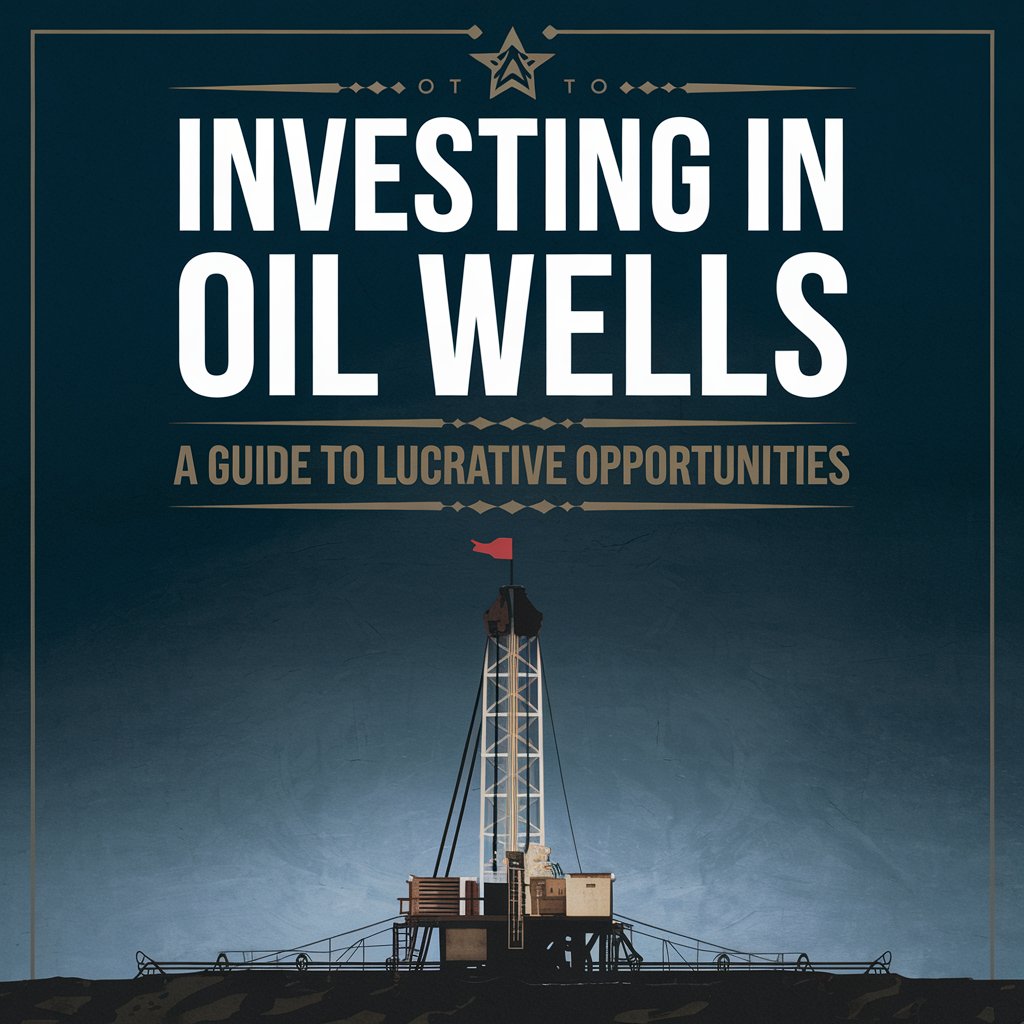Oil and gas have long been key drivers of the global economy, and for those looking to diversify their investment portfolios, oil well investing can offer significant returns. However, it’s important to understand the risks and rewards associated with this industry before diving in. With proper research and guidance, investing in oil wells can provide steady income and potentially large payouts, making it an attractive option for many investors. Whether you’re a seasoned investor or new to the world of oil and gas, platforms like https://oilwellinvestors.com/ can help you make informed decisions and explore opportunities in this lucrative market.
Why Invest in Oil Wells?
The oil and gas industry has consistently shown its resilience and profitability, even amid economic fluctuations. As an investor, there are several reasons why oil well investing might be a good fit for your portfolio:
- Steady Cash Flow: Oil wells, particularly those that are producing, offer the potential for regular income. Once a well is operational, it can continue to generate revenue for years or even decades. This makes it an attractive option for investors looking for steady, long-term cash flow.
- Diversification: Investing in oil wells can serve as a hedge against traditional market fluctuations. When stocks or bonds underperform, oil and gas investments may continue to provide stable returns, offering a way to balance risk within a diversified portfolio.
- Tax Advantages: The U.S. government encourages investment in domestic oil production by offering several tax incentives to oil well investors. These benefits can include deductions for intangible drilling costs, depletion allowances, and other tax breaks that can significantly reduce an investor’s tax burden.
- Potential for High Returns: While oil well investing comes with its risks, it also offers the potential for high returns. Investors who get involved at the right time, particularly during exploration and development phases, can see significant payouts if the well is successful.
Types of Oil Well Investments
There are various ways to invest in oil wells, each with its own risk profile and potential reward. Some common investment options include:
- Direct Participation: Direct participation programs (DPPs) allow investors to buy a share of an oil well and directly participate in its profits and losses. This option typically offers higher returns but comes with higher risks, as investors are exposed to the well’s performance.
- Royalty Interests: Investors can purchase royalty interests, entitling them to a percentage of the revenue from the oil produced without having to bear the operational risks or costs. Royalty interest holders receive income regardless of the well’s profitability.
- Partnerships and Joint Ventures: Some oil companies offer partnership opportunities where investors can pool their resources to invest in a well. These partnerships can spread out the risk while still offering the potential for substantial returns.
- Publicly Traded Companies: For those not interested in direct involvement with oil wells, investing in publicly traded oil and gas companies is another option. While this doesn’t provide the same level of direct exposure, it does allow investors to benefit from the overall performance of the oil industry.
The Risks of Oil Well Investing
Like any investment, oil well investing comes with its own set of risks. Understanding these risks is crucial for making informed decisions:
- Commodity Price Volatility: Oil prices are notoriously volatile, driven by factors such as geopolitical events, supply and demand dynamics, and regulatory changes. A significant drop in oil prices can impact the profitability of a well and reduce investor returns.
- Operational Risks: Drilling and maintaining oil wells is a complex and costly process. Wells can experience operational issues, such as equipment failures, delays, or even dry holes (wells that don’t produce oil), all of which can impact an investor’s bottom line.
- Regulatory and Environmental Risks: The oil industry is subject to a wide range of regulations, from environmental protection laws to local government policies. Changes in regulations can affect the cost of operations and profitability. Additionally, environmental risks, such as oil spills, can result in significant fines and damage to a company’s reputation.
- Capital Intensive: Investing in oil wells, particularly during the drilling and exploration phases, can require a significant amount of capital. Investors must be prepared for the possibility of delayed returns or even losses in the early stages of investment.
How to Mitigate Risks
While the risks associated with oil well investing are real, there are ways to mitigate them:
- Diversify Investments: Just as with stocks, diversifying your investments across multiple wells or different sectors of the oil industry can help spread risk.
- Partner with Experienced Operators: Working with established and reputable oil companies or investment platforms like OWI can reduce operational and financial risks. Experienced operators are more likely to navigate the challenges of oil well development successfully.
- Stay Informed: Keeping up with market trends, regulatory changes, and geopolitical events can help investors make more informed decisions. Knowledge is key to navigating the ups and downs of the oil market.
- Understand the Tax Benefits: Take full advantage of the tax incentives available to oil well investors. Work with a tax advisor to ensure you’re utilizing all deductions and credits to maximize your returns.
Conclusion
Oil well investing offers a unique opportunity for investors seeking steady cash flow, high returns, and tax advantages. However, it’s essential to approach this investment with a clear understanding of the associated risks and rewards. By partnering with platforms like OWI, investors can gain access to valuable resources and expert guidance, helping them navigate the complexities of the oil and gas industry.
Whether you’re looking to diversify your portfolio, take advantage of tax benefits, or explore high-return opportunities, oil well investing may be a smart move—if you approach it with the right strategy and support.
